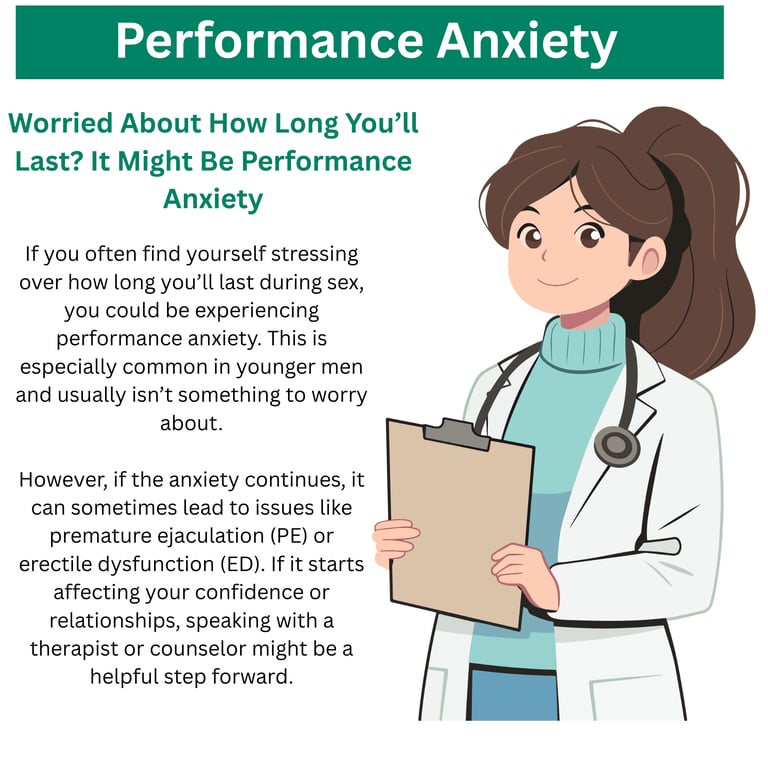

Clinically inspired herbal formula for fat loss, belly reduction & metabolism boost.
✅ No Gym Required
✅ No Crash Dieting
✅ Safe & Natural Ingredients
Quick Enquiry
Genuine Weight Loss Review Based on Real Results
Complete Weight Loss Review: Benefits, Results & Safety








REAL PROBLEM – REAL SOLUTION
Struggling With Weight That Just Won’t Go Away?
Belly fat not reducing


Even after trying diet plans, walking, yoga, or home remedies, belly fat often refuses to go.
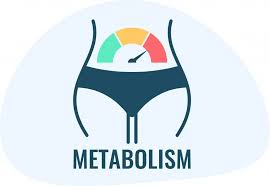

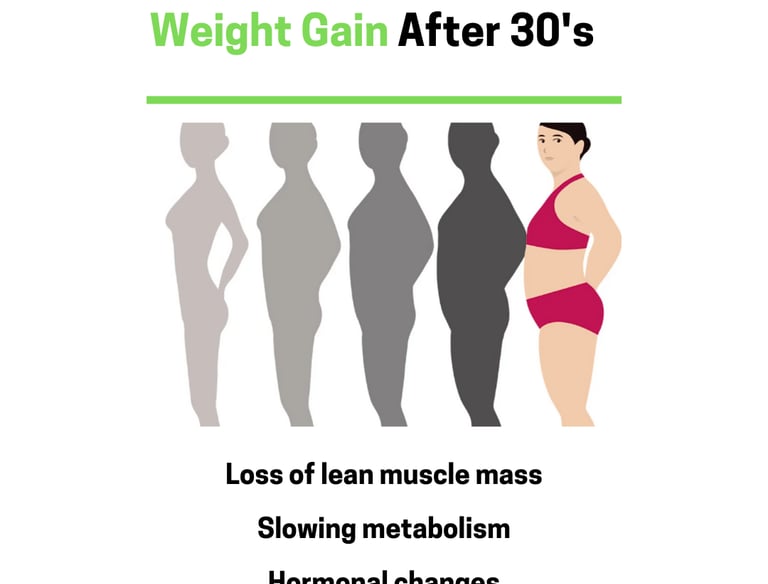

Slow Metabolism
As age increases or due to inactivity, your metabolism slows down, making fat burn very difficult—especially around the stomach.
After 30, the body goes through natural metabolic and hormonal changes that make weight gain easier—and weight loss harder.
Weight Gain After 30










💊 Only 1 Capsule Before Performance!
💥 Boost Timing ⏱️ | Power 💪 | Confidence 😎
🌿 What It Midnight Bull Capsules
A natural alternative to Viagra that may enhance blood circulation, boost testosterone, and improve erection quality without major side effects.
💪 Common Herbal Ingredients:
Ginseng – Improves energy and performance
Ashwagandha – Reduces stress, boosts stamina
Shilajit – Increases strength and vitality
Safed Musli – Enhances libido
Horny Goat Weed (Epimedium) – Improves blood flow and erection
Maca Root – Supports endurance and mood
⚙️ Possible Benefits:
✅ Helps in erectile dysfunction (ED)
✅ Improves timing and stamina
✅ Boosts testosterone naturally
✅ Enhances libido and mood
✅ Improves sperm count and quality
Herbal Vigra” usually refers to natural, plant-based supplements formulated to support male sexual health, stamina, and erectile strength, similar in goal to Viagra but made from herbal ingredients instead of synthetic drugs
For medical advice and treatment delivered to you, visit :
Men's health tips straight to your inbox
Sign up to get 10% off your first consultation, and enjoy newsletters filled with advice from our clinicians.
By clicking 'Submit' you agree to our Privacy notice and Terms and conditions.
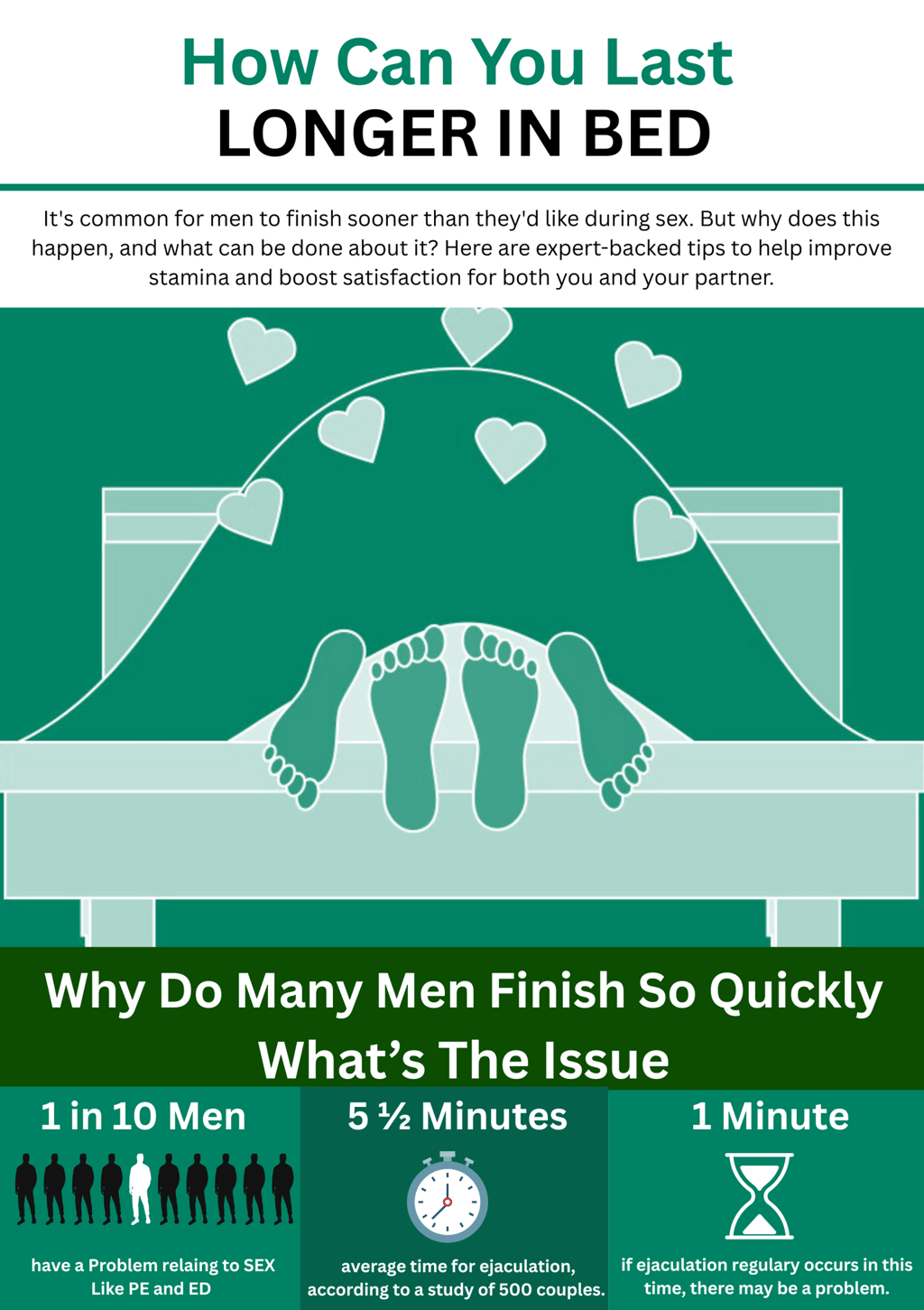

If you’re finding it difficult to last as long as you’d like during sex, you’re not alone. Many men experience this at some point in their lives. Common causes include:
Performance anxiety
High stress levels
Premature ejaculation (PE)
Erectile dysfunction (ED) – difficulty getting or keeping an erection
The reassuring part? There are ways to improve. From lifestyle changes and relaxation techniques to prescription treatments in more persistent cases, support is available to help you build confidence and control in the bedroom.
In some cases, PE and ED can be linked and may cause emotional strain or affect relationships. If it’s an ongoing concern, it’s a good idea to speak with a healthcare provider to explore options and rule out any underlying issues.
Why Am I Not Lasting Long in Bed?
Premature ejaculation (PE) is one of the most common sexual issues men face. Most men will experience it at some point, especially during times of stress or relationship change.
Typically, PE refers to ejaculating sooner than desired—often within a minute of penetration—and being unable to control or delay climax. But it’s important to remember: if both partners are satisfied, there's no need to label the experience as a problem.
How Is PE Diagnosed?
PE can be difficult to define, since perceptions of what’s "too soon" can vary between individuals and couples. However, healthcare professionals generally look for three signs:
Ejaculation that frequently happens within about one minute of penetration
Ongoing difficulty in delaying ejaculation during sex
Personal or relationship distress caused by the lack of control or satisfaction
What Causes Premature Ejaculation?
Several factors—both physical and psychological—can contribute to PE. Some of the most common include:
Hormonal or gland-related conditions (e.g., prostate or thyroid issues)
Anxiety, especially around sexual performance
Stress from everyday life or relationship dynamics
Depression or other mood disorders
Past experiences with PE that may create a cycle of anxiety and anticipation
Understanding Premature Ejaculation (PE)
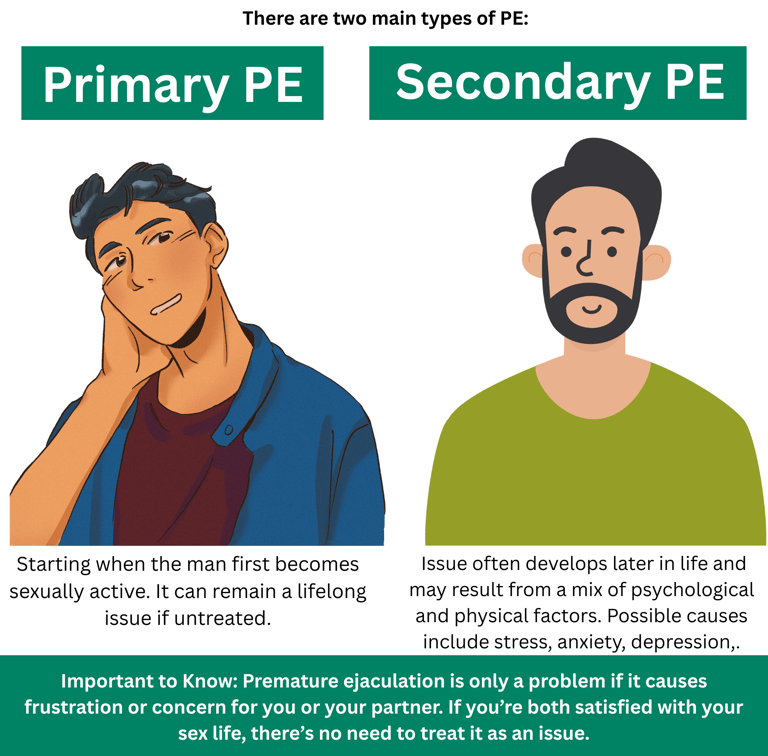

Erectile dysfunction
Erectile dysfunction, or ED, happens when you're unable to get or keep an erection firm enough for sex. This might include getting an erection but losing it during intercourse. It's a common issue—just like premature ejaculation—and most men will experience it at some point in their lives.
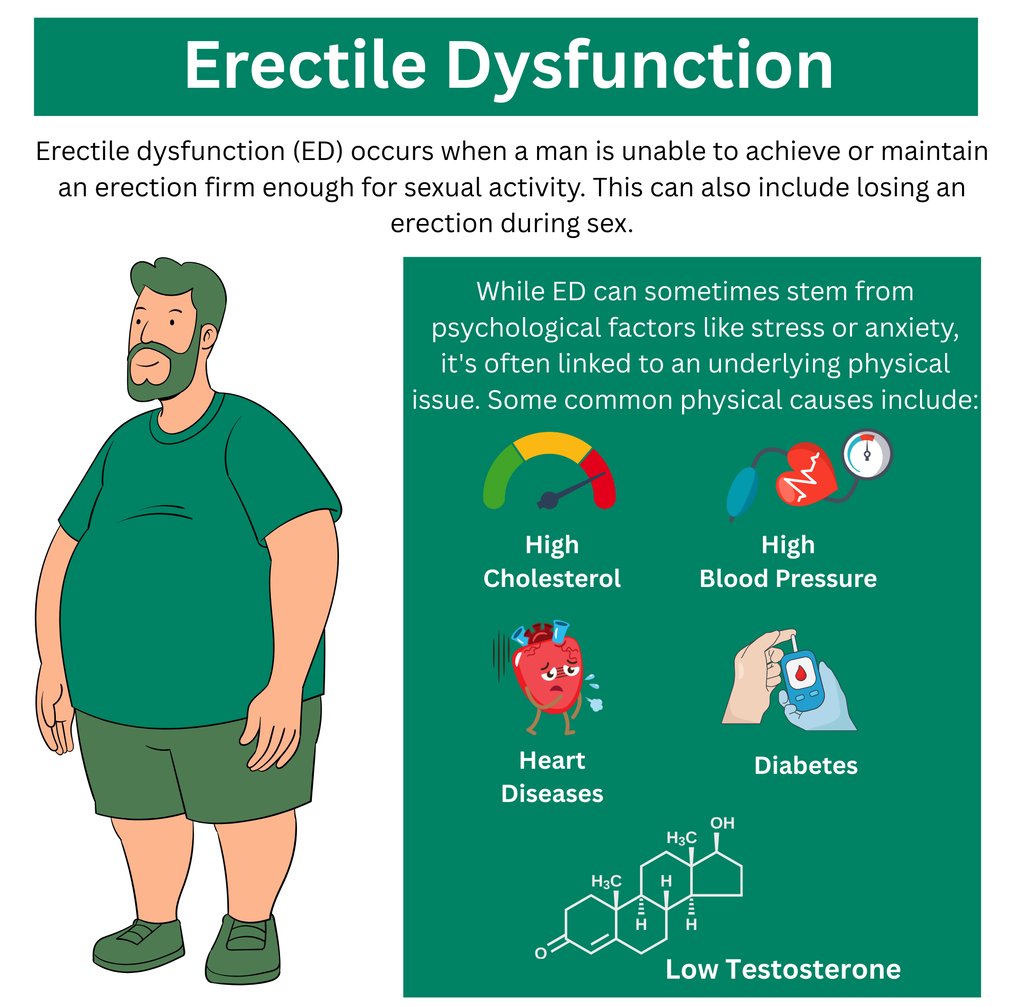

Performance anxiety : A Common Cause of Bedroom Worries
If you’re constantly worried about how long you’ll last during sex, you might be dealing with performance anxiety—essentially, feeling nervous or pressured about sexual performance. Nearly all men experience it at some point, whether it’s due to body image concerns, past experiences with premature ejaculation (PE), or difficulties maintaining an erection (ED).
In most cases, it’s temporary and nothing to stress over. But when anxiety starts to interfere with your ability to enjoy sex, it can contribute to issues like PE or ED.
The good news? There are ways to manage it. Open communication with your partner, trying new approaches in the bedroom, and exploring treatment options (including medication, if needed) can all make a difference.
